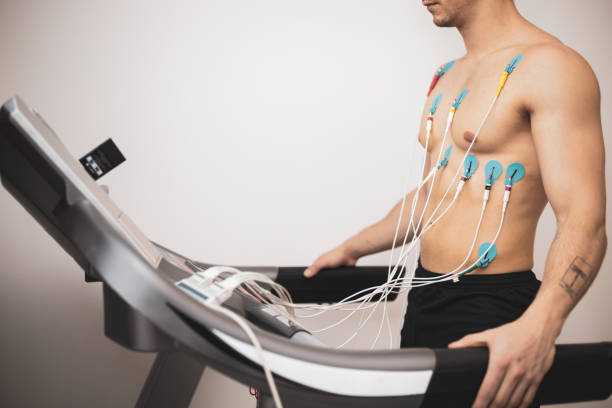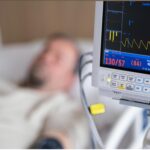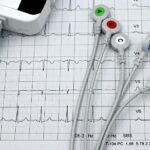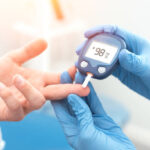You know how it feels to have a flutter in your chest or even a skipped beat, but by the time you get to the doctor, everything seems to be back to normal? It’s annoying. It also occurs more frequently than you may imagine. In actuality, heart rhythm problems can be elusive, appearing one moment and then going away the next.
Ambulatory ECG monitoring is becoming more popular in Singapore for precisely this reason. It assists in identifying transient, erratic cardiac rhythms that conventional clinic ECG examinations may overlook. Imagine it as a covert health check that quietly tracks your heart for 24 to 72 hours (or even longer) as you go about your daily routine.
The Problem with One-Off ECGs
An ECG (electrocardiogram) is a helpful test but it’s limited to capturing your heart’s activity at the exact moment it’s recorded. But what if your symptoms only pop up:
- When you’re stressed at work?
- While you’re sleeping?
- After a workout?
That’s where a regular ECG might fall short. And that’s when ambulatory ECG monitoring can make a real difference.
What Is Ambulatory ECG Monitoring?
This wearable, portable device, also known as Holter monitoring or event monitoring, continuously records the rhythm of your heart.
It captures each heartbeat, assisting your physician in identifying:
- Arrhythmias, or irregular heartbeats
- A quiet heart pauses
- Heart rates that are fast or slow
- Hidden heart abnormalities linked to fainting, dizziness, or palpitations
Some gadgets even let you record symptoms in real time, connecting your emotions to your heart’s activity.
Why Is It So Important?
Early detection = fewer surprises.
Catching arrhythmias early can help prevent strokes, heart failure, or other emergencies that might creep up silently if left unchecked.
Guides better treatment.
Doctors can better modify medication or suggest procedures if they know exactly when and how your heart malfunctions.
Peace of Mind
When symptoms have been dismissed as stress or exhaustion, many patients find that wearing an ambulatory ECG monitor helps them feel less anxious about “not knowing.”
Could You Benefit from Ambulatory ECG Monitoring?
Consider speaking to your doctor about ambulatory ECG monitoring if you:
- Experience unexplained dizziness, fainting spells, or chest flutters
- Have existing heart conditions or a family history of arrhythmias
- Need to evaluate how well heart medications or treatments are working
Listen to Your Heart
At Heart Practice, we help patients make sense of those silent heart signals, using ambulatory ECG monitoring to bring clarity, comfort, and early intervention when needed. If your heart’s been sending mixed messages, maybe it’s time to tune in more closely. Book a Consultation Today!











